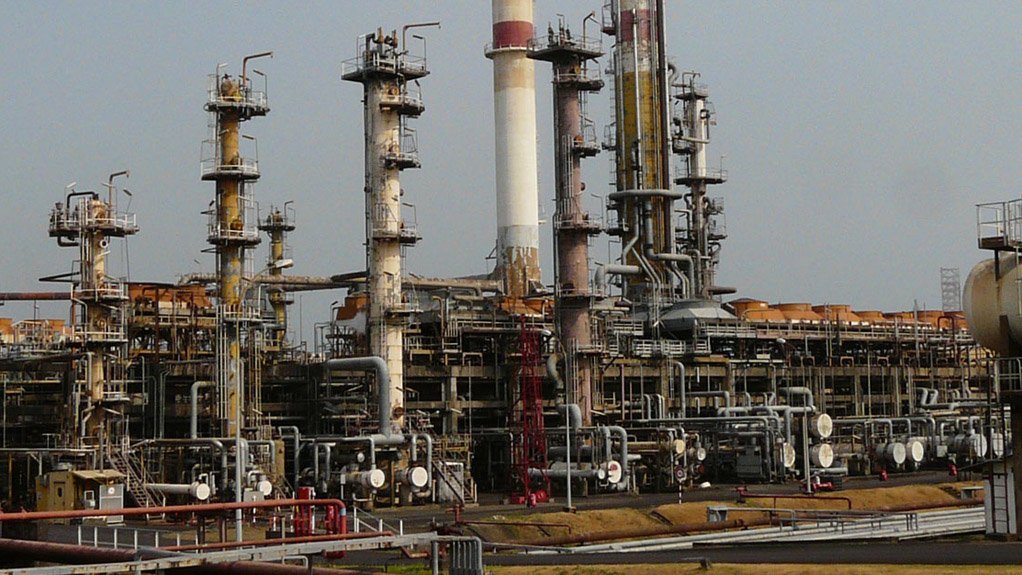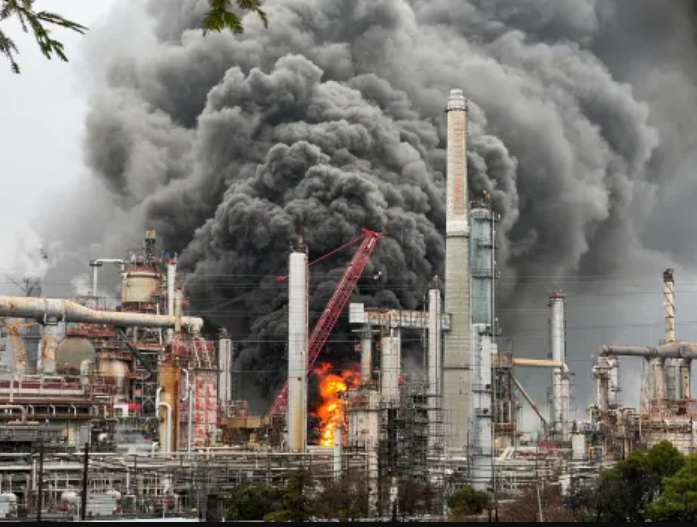
Cameroon’s 42,000-barrel-per-day refinery, shuttered since a devastating fire in 2019, is now set for rehabilitation under a new government-backed plan.
- The 42,000-barrel-per-day refinery has been non-operational since 2019 following a fire and now faces rehabilitation under a government-endorsed plan.
- The recovery program, named Parras 24, aims to restructure and repair the facility within a designated 24-month period, targeting a 2027 operational restart.
- Reviving the refinery is projected to decrease import dependency, stabilize domestic energy prices, and bolster Cameroon’s role in regional energy markets.
The facility, considered a cornerstone of Central Africa’s energy supply chain, is expected to resume operations by 2027 through a restructuring and recovery program approved this month.
The rehabilitation framework, known as Parras 24, was formally endorsed during a board meeting on August 13 and lays out a 24-month timeline for restructuring and repairs.
Officials stress that government support will be essential to overcoming the refinery’s longstanding financial and operational challenges.
In an official statement, the company said the rehabilitation plan is designed “to relaunch Sonara’s core functions and ensure the continuity of petroleum product supply.”
The operator also sought to reassure partners and customers that the market will remain well supplied during the rehabilitation period.
“The supply of refined products on the national and international market will continue in both quantity and quality until the full restart of the refinery,” the statement added.
Refinery Racks Up Debts During Shutdown
Since halting operations, the refinery has accumulated heavy debts, estimated at CFA376 billion by 2021, while repair costs are projected to exceed CFA250 billion. The 2019 fire, which crippled four crucial units at the country’s only refinery, forced Cameroon to turn almost entirely to imports to cover fuel shortages.
Sonara, which is nearly fully state-owned apart from a 4% stake held by Total, has the capacity to process 2.1 million tonnes of crude annually.

As the sole refinery serving the national market, any delay in restoring operations risks deepening supply vulnerabilities and creating severe fuel shortages.
The prolonged shutdown has weakened the country’s downstream oil sector, increased reliance on imports, and placed mounting pressure on foreign exchange reserves while widening the trade deficit.
Yet the restart still faces challenges beyond financing. Technical upgrades, supply chain restructuring, and long-delayed modernization programs must be completed to ensure the refinery’s long-term competitiveness.
Refinery’s restart may boost Central Africa’s oil presence
Analysts suggest that restoring the refinery could cut import dependence, stabilize domestic fuel prices, and strengthen the country’s role in regional energy markets.
Refining capacity across West and Central Africa remains far below demand. Nigeria still relies heavily on imports despite the Dangote project, while smaller plants in Chad, Gabon, and Congo-Brazzaville operate well under capacity.
If revived, the 42,000 bpd facility could help close the supply gap, reduce reliance on European imports, and reinforce the country’s position as a key Gulf of Guinea supplier.
Still, financing, technical upgrades, and compliance with cleaner fuel standards remain critical hurdles.












